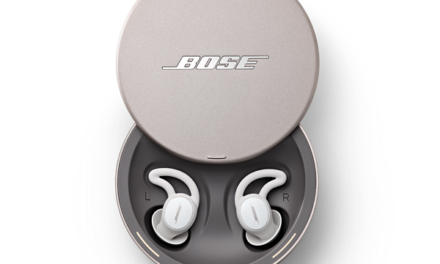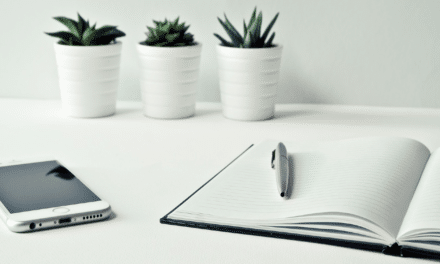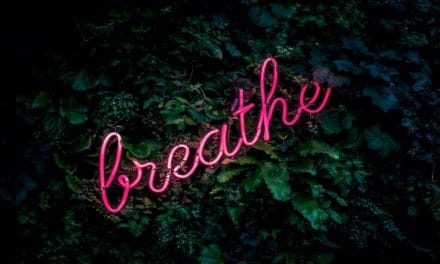I have revealed the negative impact of blue light before sleeping, but I have yet to discuss sunlight’s benefits after waking up. Whenever I have time, I will go outside when I wake up to feel the fresh air, get a nice stretch out in the sun, and adjust my eyes to the morning. It improves your circadian rhythm cycle and ensures that you feel more tired at the time you fall asleep. Since going outside seems self-explanatory enough, I will explain the science behind why this actually helps you and could dramatically enhance your sleep-wake cycle. Being exposed to sunlight has considerable benefits, such as Vitamin D, but I will be focusing on the benefits associated solely with the circadian rhythm cycle in your body.
The CDC created an article named “Interim NIOSH Training for Emergy Responders: Reducing Risks Associated with Long Work Hours.” They explain that the circadian clock is most sensitive to light from about two hours before usual bedtime and through the night. This is until one hour after your usual wake-up time. They label this as a sensitive period that can dramatically impact your circadian clock. Thus, not only is it critical to reduce exposure to blue light and other light sources 2 hours before bedtime and throughout the night, but the first hour after you wake up is essential. Bright morning light has shown to help people sleep earlier, feel sleepy, fall asleep faster, and wake up earlier in the morning.
Tuck’s article “The Importance of Morning Sunlight for Better Sleep” suggests The main reason bright light in the morning is good is that it reinforces the natural circadian rhythms. The circadian rhythm controls many things in the body, including alertness, sleepiness, internal temperature, and hormone release. Regarding internal temperature, the body reaches its peak during the day and its lowest as you are sleeping. You need to reach the lowest temperature throughout the whole day to fall asleep. If you go outside and absorb the sunlight, the circadian rhythms follow this cycle most appropriately. The other things I mentioned require optimal functioning from the circadian rhythms to work effectively, emphasizing the benefits of merely getting out of bed and radiating in the sunshine. Sadly, with the development of lights in the modern age, you can be exposed to light at any time despite older generations of humans never having that ability. The human body adapted to the centuries of not having these lights, and many people no longer reap benefits from having an excellent circadian rhythm system. Hopefully, this explains the necessity of going to see the morning light.
The suggestions I will give are to ensure you reduce or eliminate exposure to light if it is too early and be in a brightly lit area when you want to wake up. So, if you want to enhance your circadian rhythms and help your body remain healthy, you must try to go outside the moment you wake up. Not only is it a great start to the day, but it enhances your entire sleep-wake cycle. Additionally, for further emphasis, make sure you also reduce screen time one to two hours before bed by using anti-blue light glasses and reducing exposure to any computer screens. If you happen to wake up at night, limit exposure to any light as much as possible.





